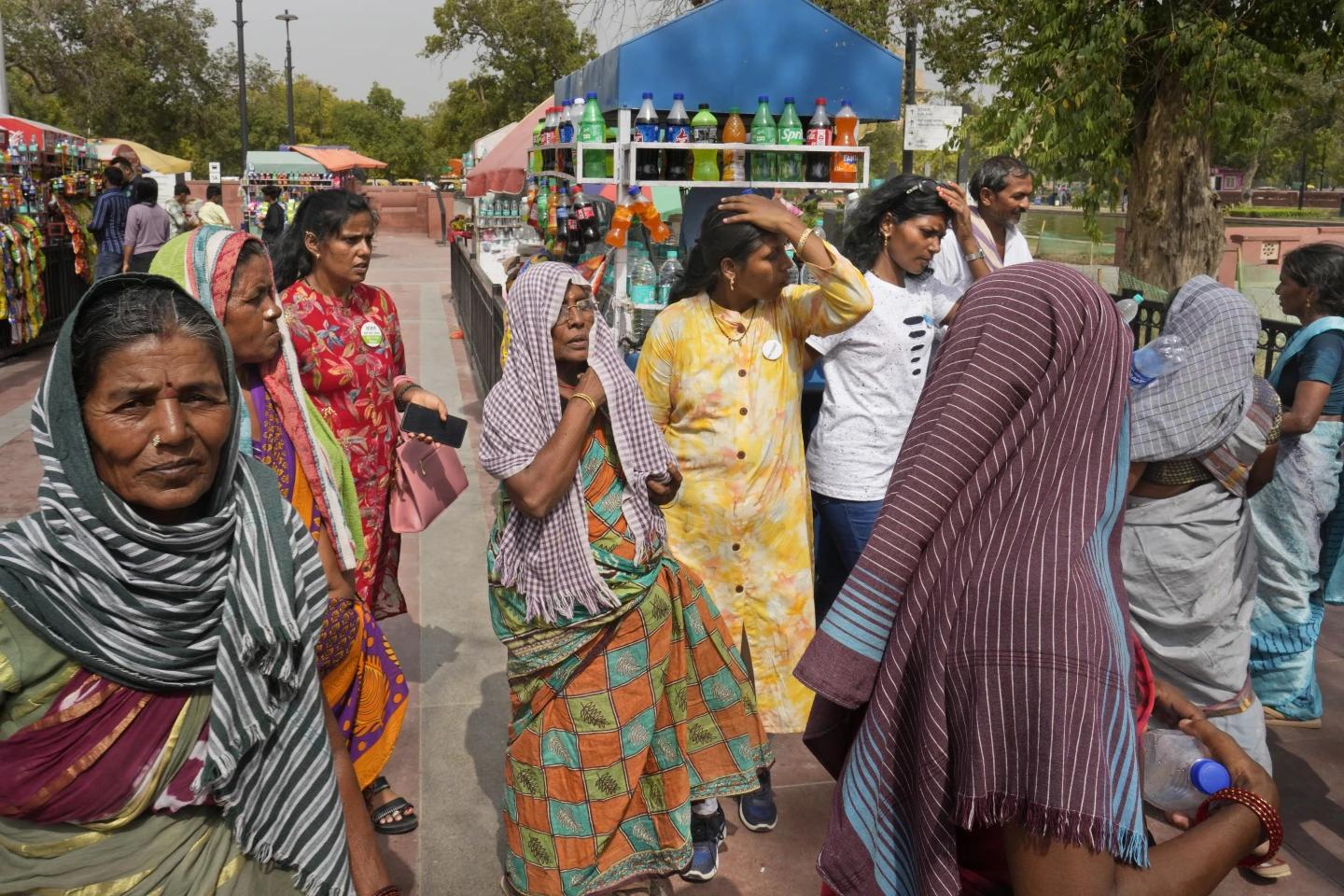MUMBAI, India – A group of Catholic leaders has vowed to protect water ways and to oppose eviction of people for development projects in India.
The Forum of Religious for Justice and Peace met in Indore on Oct. 18-20, and said they have decided to adopt simpler lifestyles, live closer to the poor, and avoid unnecessary consumption and extravagance.
The forum represents 20 religious congregations from 16 states in India. The theme of this year’s convention was “Pilgrims of Hope: Towards Integral Ecology.”
Father Anand Mathew, the National Convenor of the Forum of Religious for Justice and Peace, told Crux the goal of the seminar “was to motivate us religious to continue to be on the side of the poor.”
“Renowned environmentalist Soumya Dutta cautioned us against the new religion of ‘growth’ which is detrimental to the nature, the indigenous communities and the poor,” the priest said.
The seminar spoke on several concerns and issues facing the South Asian nation, including the environmental and climate crises that are caused “by overexploitation of Mother Earth resulting in nature-related disasters, the loss of biodiversity, the loss of livelihood and health hazards.”
The Forum’s final document said the “new religion of unfettered economic growth, wealth creation and consumption” is a detrimental to the environment and the “very existence” of humanity.
RELATED: Religious forum calls on Church leaders to tackle injustice in India
“With the market-driven economic model there is the commodification and the corporatization of natural resources. The arms and ammunition industry, unbridled urbanization, the nexus between powerful vested interests and ruling regimes are responsible for the destruction of the environment,” the statement continued.
The organization noted the 2015 United Nations Climate Change Conference (COP21) in Paris, France resulted in the Paris Agreement, a legally binding international treaty to combat climate change and said, “India has done little to realize the desired goal.”
“Development must be people-centered, inclusive, holistic, just, equitable, sustainable and life-promoting. Democratization through decentralization, accepting the religion of humanity and of nature, and seeing people as the first pillar of democracy are needed to respond effectively to the climate/environmental crisis,” the document said.
The Forum of Religious for Justice and Peace resolved to adopt bold and creative measures to care for the common home, especially “to begin with ourselves: To live simpler lifestyles, closer to the poor, avoiding unnecessary consumption and extravagance.”
They also called on the nation to go beyond “mere tokenism, cosmetic activities and superficialities and focus on structural transformation,” and to “internalize, own, and actualize Pope Francis’s Encyclical Laudato Si’ and Apostolic Exhortation Laudate Deum individually and collectively and to proactively communicate the significant content of these documents, particularly in the vernacular.”
The document also called on members to take a visible and vocal stand against the Indian government’s “anti-environment legislation, policies and notifications which help the rich to profit and directly impact on the poor, violating their human rights, lives, and livelihood.”
“Finally, as religious committed to justice and peace, as pilgrims of hope towards integral ecology, we commit ourselves to continue our struggle for the care and protection of our mother earth,” the Forum continued.
“We also invite all women and men of good-will, particularly the religious, clergy, hierarchy, and laity of the Catholic Church in India to join us, in this pilgrimage of responding to the cries of the poor and the cries of the earth, as we enter the Jubilee Year 2025,” their letter said.















